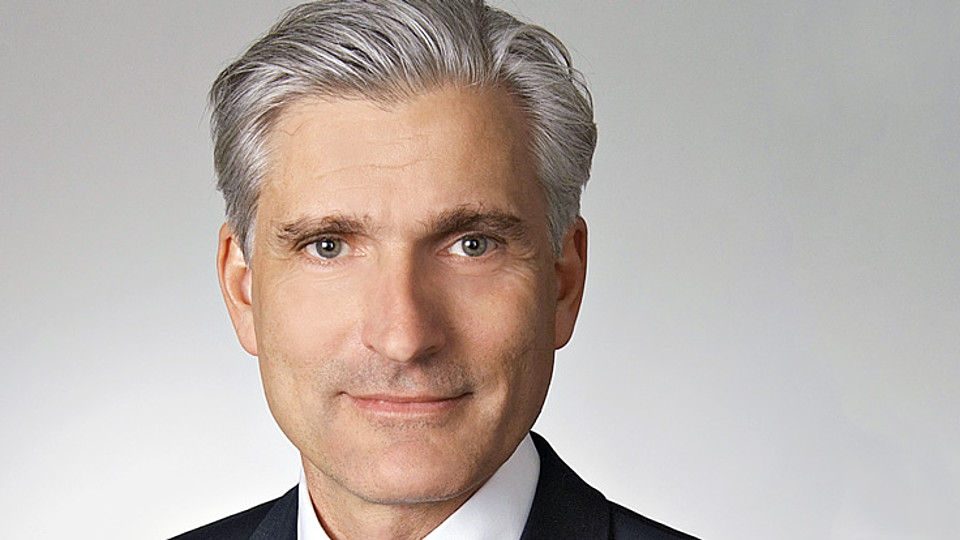Thought Leadership

Millions are wasted on the world market due to lack of customs optimization
Amounting to more than 21 billion Euros, customs duties represent 13% of the total income of the European Union. A fact that delights the EU, however, for the international economy it constitutes one of the major cost factors which in the end are mainly born by the consumers within the EU. An optimization correctly carried out within legal possibilities offers a significant cost decrease potential for international companies which unfortunately most firms neglect. This is the conclusion of the Diplomatic Council Global Logistics Forum which has published a new White Paper on “Customs compliance within international trade”.
“Even large companies are often not aware that customs optimization starts with the product development and runs through the entire supply chain” explains Petra Herrmann, international customs specialists at the Diplomatic Council. She provides an example: Import duties for a digital camera vary and are based on its technical specifications. Depending on the scope of functions, the picture quality and the recording time, the device is either duty free or imposed with 4,9 % or 14% duties. A further example: fully functional DVD home cinema is imposed with a EU import duty of 13,9%. If the optical DVD unit is imported separately and the complete system re-assembled within the EU, customs duty decreases to 9%. If the same is done with the receiving unit, the duty is reduced to even 4%. Beyond technical factors and the origin of individual components, licensing agreements, packaging questions, agreements an credits, transfer prices and provisions also have a direct impact on the level of duties, says Diplomatic Council specialist Petra Herrmann.
“The world economy wastes millions annually because it neglects dealing with customs issues” explains Steffen Rabus, Chairman of the Diplomatic Council Global Logistics Forum. The global forum addresses all questions around the topics supply chain management and logistics. The target group consists of logistics providers of all levels with international business interests. The Diplomatic Council is headed by ambassadors and consuls around the world with the intention to unite diplomacy and business. “In addition to the international logistics providers we do welcome medium-sized companies as well” says Chairman Steffen Rabus.
